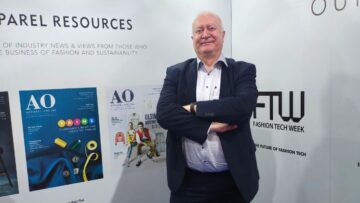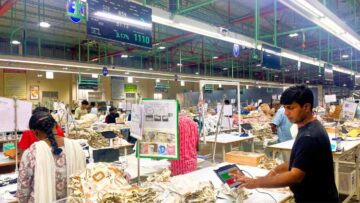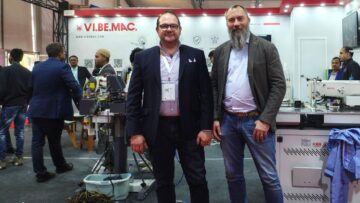
In response to impending sustainability mandates from major apparel-importing countries, including the European Union, experts are calling for an urgent transition to renewable energy in Bangladesh’s ready-made garments (RMG) sector. This shift is deemed essential for maintaining competitiveness in the global market.
At a recent event in Dhaka organised by Swisscontact Bangladesh, industry leaders and stakeholders emphasised the critical need for adopting sustainable energy practices in the RMG sector. The event marked the launch of the InSPIRE: Initiative to Stimulate Private Investment for Resource Efficiency project, which is supported by the Embassy of Sweden. The initiative aims to boost investment and provide technical support for renewable energy adoption.
Jakob Granit, Director General of the Swedish International Development Agency (SIDA), highlighted the economic importance of the RMG sector, stating, “To comply with Europe’s stringent environmental regulations, it must transition to renewable energy. Without this shift, competing in the global market will become increasingly difficult.” He reiterated the ambition to establish the ‘Made in Bangladesh’ label as a global symbol of sustainability and quality.
Kjell Forsberg, Head of Trade, Private Sector, and Financial Instruments at SIDA, pointed out that public funding alone cannot drive this green transition. “Private sector investment is necessary, and reducing financial risks is key to encouraging factories to adopt renewable energy solutions,” he stressed.
Maria Stridsman, Deputy Head of Mission at the Embassy of Sweden, discussed the economic advantages of energy efficiency, noting, “The cheapest and cleanest energy is the energy saved. If factories can reduce their energy consumption by even 10-20 per cent, it will be a game-changer for both cost savings and sustainability.” She also mentioned that the InSPIRE project will support female workers by enhancing their skills in new technologies, with financial incentives for factories adopting green technologies.
The RMG sector contributes significantly to Bangladesh’s economy, accounting for 10.35 per cent of the GDP and generating $45 billion in export revenue in FY 2023, marking a 10.27 per cent increase from the previous year. However, it remains a major consumer of energy, responsible for 15.4 per cent of the country’s total greenhouse gas emissions.
A panel discussion titled Greening Bangladesh’s RMG Sector: From Commitment to Action featured prominent figures, including Md Akhtar Hossain Apurba, Vice President of BKMEA; Md. Rezwan Selim, Member of BGMEA’s Support Committee; and others. The discussion addressed the financial and technical challenges of transitioning to renewable energy.
The InSPIRE project aims to provide both financial and technical assistance to export-oriented factories operating in Export Processing Zones (EPZs). Factories will be expected to cover 60-70 per cent of the total investment, with proposals invited by July 2025.
Swisscontact Bangladesh’s Country Director, Helal Hussain, welcomed attendees at the event, with Mohammad Sakib Khaled, Senior Manager – Portfolio Development, outlining the project’s key aspects.






